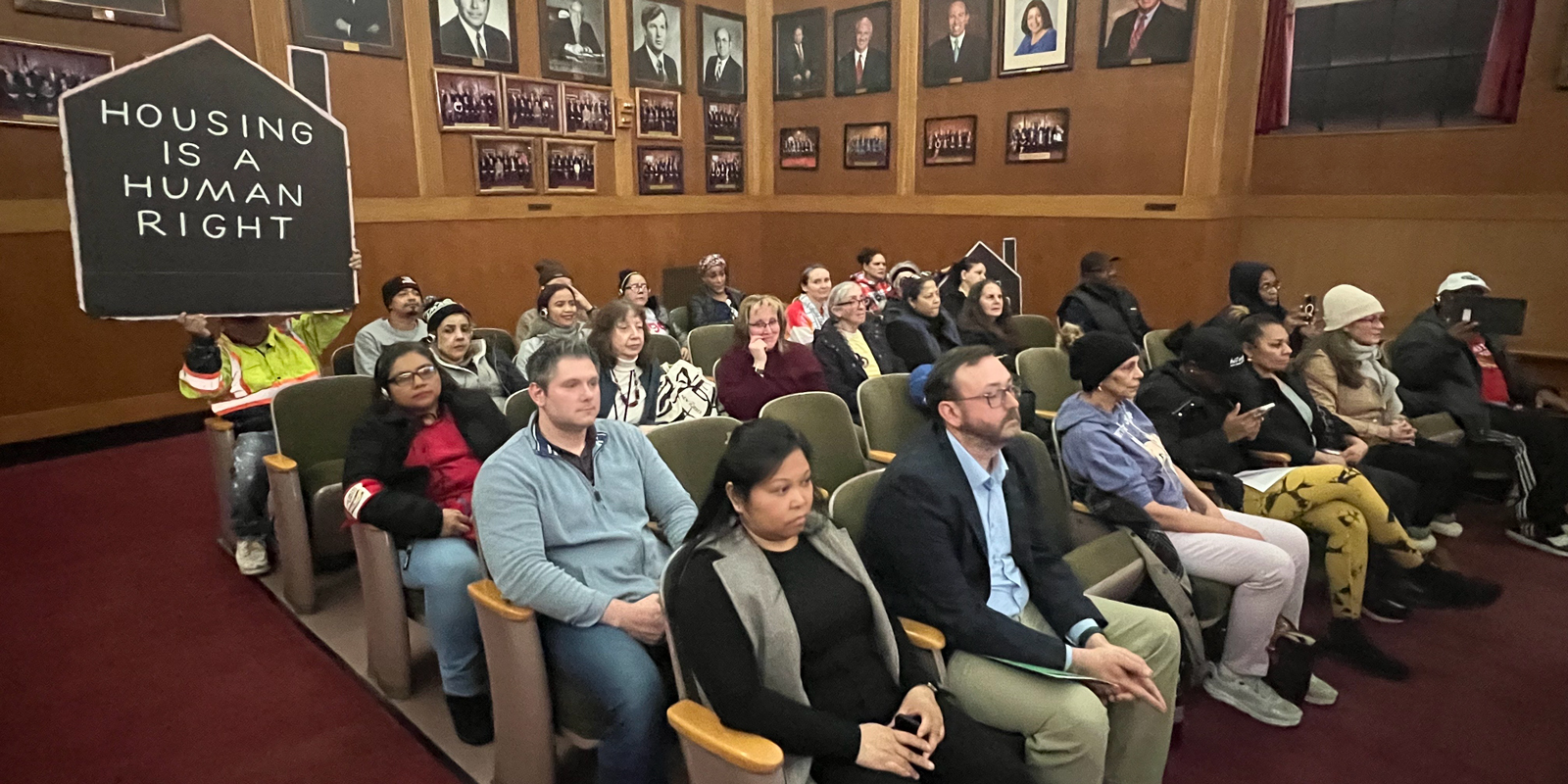Hong Kong
CNN
—
Xi Jinping has had a busy couple of weeks.
Since late last month the Chinese leader has hosted heads of state and government chiefs from Spain, Singapore, Malaysia, France and the European Union – an unusual pace of diplomatic activity that comes as countries look to Beijing as the global economy sputters in the wake of the pandemic and war in Ukraine.
On Friday, that list grows to include Brazilian President Luiz Inácio Lula da Silva, who is expected to sign a host of bilateral deals with Xi – and, like several of the leaders before him, arrives with hopes of making progress toward ending Russia’s war in Ukraine.
But for Xi, this revolving door of visiting leaders – making the trip even as Xi has refused to condemn the Russian invasion – is also an opportunity to assert his vision for a global order not dictated by American rules – and push back against perceived threats.
That’s especially urgent for the Chinese leader now, observers say.
Three years of scaled-back diplomacy due to China’s strict Covid-19 controls coupled with economic challenges, entrenched competition with the United States and rising European concerns about Beijing’s foreign policy have left Xi under pressure to act.
“(Chinese leaders) believe it’s time now for China to make its strategic plans,” said Li Mingjiang, an associate professor of international relations at Singapore’s Nanyang Technological University.
“A potentially good outcome is to weaken American alliances … so that’s why we’re seeing quite strenuous efforts made by Beijing to try to stabilize and improve relations with European countries, and also to try to improve and strengthen cooperation with emerging economies,” he said.
As world leaders return to Beijing despite international concerns over the growing China-Russia relationship and Beijing’s intimidation of Taiwan, Xi has used the opportunity to thread his conversations with veiled criticism of the US and keywords that signal Xi’s own view for how to reshape global power.
Speaking to Singapore’s Lee Hsien Loong late last month, Xi stressed that Asian countries together should “firmly oppose bullying, decoupling or severing industrial and supply chains,” while he urged Malaysian Prime Minister Anwar Ibrahim to “resolutely resist the Cold War mentality and bloc confrontation.”
To Spain’s Prime Minister Pedro Sanchez that same day, he warned that the “sound development of China-EU relations requires the EU to uphold strategic independence,” according to readouts from the Chinese side.
Beijing has watched uneasily as the war in Ukraine has driven the US and its European allies closer. Now, analysts say playing up its economic partnerships and exploiting differences between countries on the two sides of the Atlantic is key.
When French President Emmanuel Macron arrived in Beijing last week, Xi drew comparisons between China and France: both “major countries with a tradition of independence,” Xi said, and “firm advocates for a multi-polar world” – or a world without a dominant superpower.
After a day of meetings in Beijing, Xi met Macron in the southern commercial hub of Guangzhou to continue an “informal” conversation – sipping tea and listening to the plucked melodies of traditional Chinese music before a state dinner.
Macron, who has long advocated for Europe to develop an independent geopolitical policy and defense capabilities that needn’t rely on Washington, appeared receptive.
He released a 51-point joint statement with China outlining cooperation on areas from nuclear energy to food security and told reporters traveling with him that when it comes to the US-China rivalry Europe must not be “caught up in crises that are not ours, which prevents it from building its strategic autonomy,” according to a Politico interview.
Macron’s comments have sparked backlash in Europe and the US, but analysts say they were likely seen as a triumph in Beijing.
“Everything that can weaken the US, divide the West and move countries closer to China is good for Xi,” said Jean-Pierre Cabestan, a professor of political science at Hong Kong Baptist University. “Hence, Macron’s trip is seen in Beijing as a major victory.”
Xi may be preparing for another potential diplomatic win when he meets Lula on Friday.
The leftist Brazilian leader, who ushered in a boom in China-Brazil trade ties during his first stint in power some two decades ago, is traveling with a delegation of business leaders, state governors, congressmen and ministers, and expected to close a raft of bilateral deals from agriculture and livestock to technology.
Lula’s return to power already shifts the dynamics of the China-Brazil relationship, which saw tense moments under former leader Jair Bolsonaro, who embraced anti-China rhetoric.
Lula has already started out his state visit in Shanghai with a nod to Brazil and China cooperation, attending the former Brazilian President Dilma Rousseff’s inauguration as head of the New Development Bank of BRICS, the bloc of emerging economies of Brazil, Russia, India, China and South Africa that offers an alternative power grouping to the Western-centric G7.
“Xi will find in Lula a BRICS enthusiast, openness to reforms in the global governance system and the desire to avoid automatic alignment with the US,” said Luiza Duarte, a research fellow at American University’s Center for Latin American and Latino Studies in Washington.
Meanwhile, Lula’s expected warm welcome in Beijing “raises comparison with his frustrating less than 24-hour visit to Washington,” she said, referring to the Brazilian leader’s February 10 visit to the White House.
The meeting was seen at the time as a key outreach from the newly inaugurated Lula to the US.
But Beijing may use the “lack of deliverables” from that meeting “to position itself as a more appealing alternative for bilateral cooperation,” said Duarte.
Looming over diplomacy in Beijing is the Russian assault in Ukraine.
Some leaders – like Macron – have viewed Xi, a close friend and diplomatic partner of Russian President Vladimir Putin, as a potential ally that could help push Putin toward peace.
But their relationship has also raised concern, with US officials earlier this year warning that China was considering providing the Kremlin with lethal aid – a claim Beijing has denied.
While France and China agreed to several points related to the war in their meeting – including opposition to attacks on nuclear power plants and the protection of women and children – Macron did not ultimately push Xi to commit on paper to any position China has not already publicly said.
Brazil, in advance of Lula’s trip, has offered another view: creating – as the country’s foreign minister put it – “a group of mediator countries” including China.
But how Beijing navigates these initiatives, observers say, comes down to a bottom line that’s integrally related to Xi’s global ambitions and world view.
“It will be difficult for China to respond positively to some of the requests made by either the Americans or Europeans, because doing this would produce the risk of making the Russians upset,” said Li in Singapore.
“Russia is the only major power that shares a lot of (China’s) views on how the world and the global system should look and how various political issues should be handled. Russia is irreplaceable for China,” he said.
That point was highlighted in another moment on Xi’s recent diplomatic agenda: his travel to Moscow in March for his own state visit – the first since he stepped into a third presidential term that same month.
And while China’s diplomacy – and deals – in the past week may not have been heavily impacted by the optics of that relationship, analysts say how Beijing handles the conflict will continue to affect views on China globally.
Perceptions about Xi’s potential influence over Putin have provided “leverage that allows (Xi) to get a lot of attention, and perhaps get mileage and support that he would otherwise not have,” said Chong Ja Ian, an associate professor at the National University of Singapore.
“Ultimately, the test will come down to whether Xi is actually able to exert any real influence on Putin, especially in terms of ceasing the war,” he said.




















